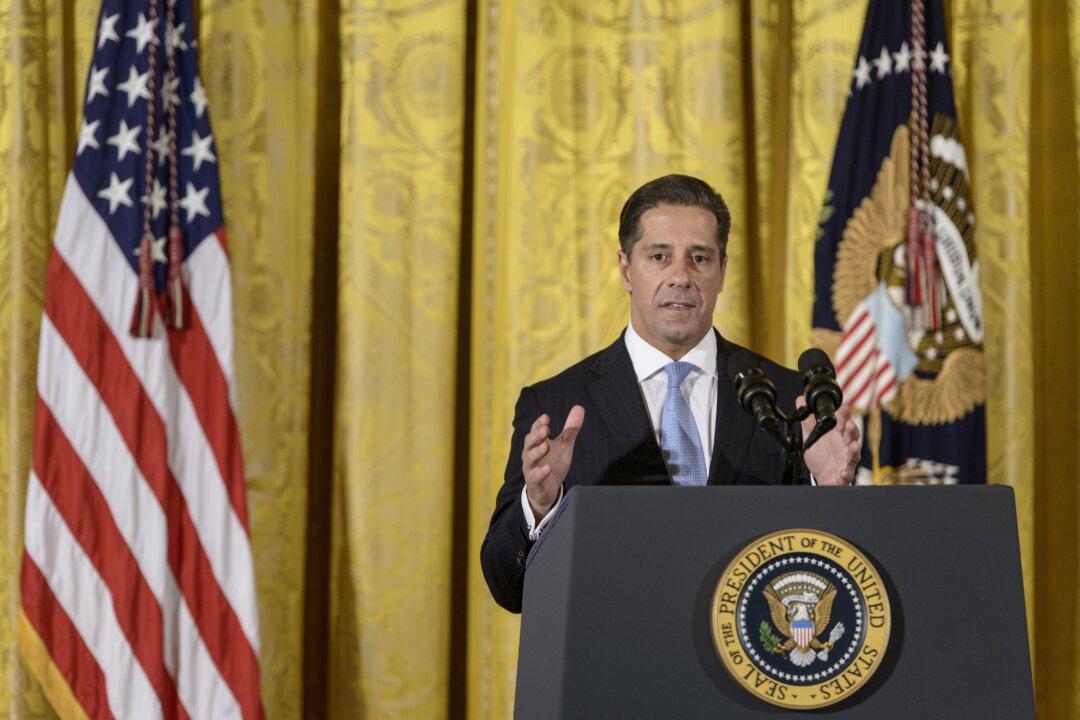LOS ANGELES—Alberto Carvalho, superintendent of the Miami-Dade School District and the next superintendent of the Los Angeles Unified School District (LAUSD), has a record of pushing for positive educational outcomes, expanding learning options, and supporting COVID-19 mask and vaccination requirements in schools in Miami.
Carvalho became one of the nation’s most sought-after education leaders during his 13 years as superintendent of Miami-Dade, the nation’s fourth-largest school district.





